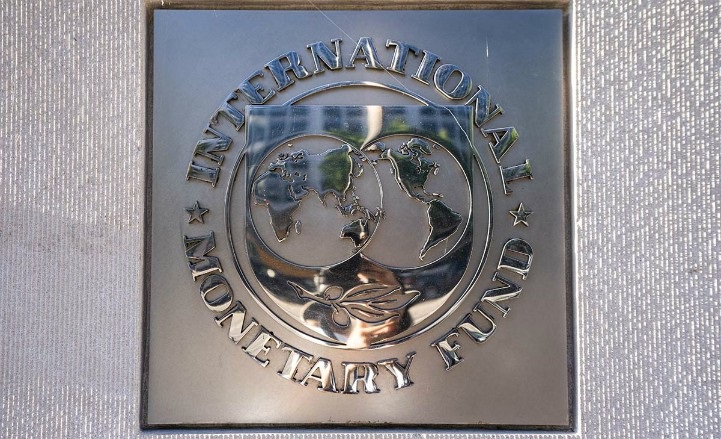Mozambique: State to sell at auction over 100 vehicles seized in criminal proceedings
Mozambique |TSU: Inconsistencies might be due to IMF requirements, analyst says

in file CoM
Law expert Baltazar Fael reminds DW that the IMF stipulated a maximum amount of funds to be allocated to civil service salaries. And he criticises the “palliative ways” with which the government has tried to solve the problem.
In Mozambique, protests over the implementation of the New Single Salary Table (TSU) are increasing. The executive argues that the objective is to standardise the previous remuneration system, which had around about 103 salary tables and 5,625 different salaries for employees who performed the same function. But civil servants now complain of injustices.
The controversy over the single salary table last week led President Filipe Nyusi to appeal for calm, in the face of strike threats in various sectors of the economy. Renamo, the largest opposition party, has demanded the resignation of the finance and civil service ministers.
In an interview with DW, lawyer Baltazar Fael, from the fraud research area at Mozambique’s Centre for Public Integrity, says that what is generating so many inconsistencies in the implementation of the new TSU is most likely the difficulty faced by Ministry of Finance technicians in placing civil servants at salary levels that allow them to comply with the requirement of the International Monetary Fund (IMF), which stipulated a ceiling on funds allocated to civil service salaries.
READ: Mozambique: Costs with State staff rise 63% in five years, need to be cut urgently – NGO
DW Africa: What is the basis of so many non-conformities in the implementation of the New Single Salary Scale?
Baltazar Fael (BF): I think that what is causing the problems has to do with the framing of employees in the proper salary scales.
DW Africa: What was the time frame for the implementation of this new single salary table across the country?
BF: There is no pre-set time for framing. The truth is that as soon as the legal diplomas to that effect were approved, the government would immediately start payments. Therefore, a time has not been defined. [It would] take place immediately after the approval of these instruments that, in fact, were approved and that showed these inconsistencies. At the moment, the government is looking for palliative ways to solve the problem, but I don’t think they are the best.
DW Africa: For example, both university professors and doctors complain that they should go to level 16, but they stayed at level 12. What could be the basis of these failures?
BF: We need to look at the financial capacity of Mozambique for the implementation of this Single Salary Table. And what happens is that the IMF had already come up with a proposal to reduce staff in the civil service, reduce the salary mass in the civil service, etc. And they set an amount for salary payments that cannot be exceeded. Probably what is happening is that to satisfy the framework, technicians have to look at this ceiling defined by the IMF. In my view, this is exactly where the inconsistencies begin.
DW Africa: On the Ministry of Finance website, the government justifies the implementation of the new TSU with the fact that there is “proliferation of legislation”. In effect, there were about 103 salary tables and 5,625 different salaries for the same function. Do you think there’s an immediate solution in sight?
BF: In the beginning, when we started talking about the Single Salary Table, there were communication problems between the government and the employees, who thought that the Single Salary Table would increase their salaries. After some time, the government tried to explain that this was not the purpose, but to standardise wages. So this expectation was created and to it came, in fact, the issue of inconsistencies and people who do not agree with their frameworks. And this is what led to delays in the payment of wages.
READ: Mozambique: IMF forcing wage cuts; graphite part of US-China conflict – By Joseph Hanlon












Leave a Reply
Be the First to Comment!
You must be logged in to post a comment.
You must be logged in to post a comment.